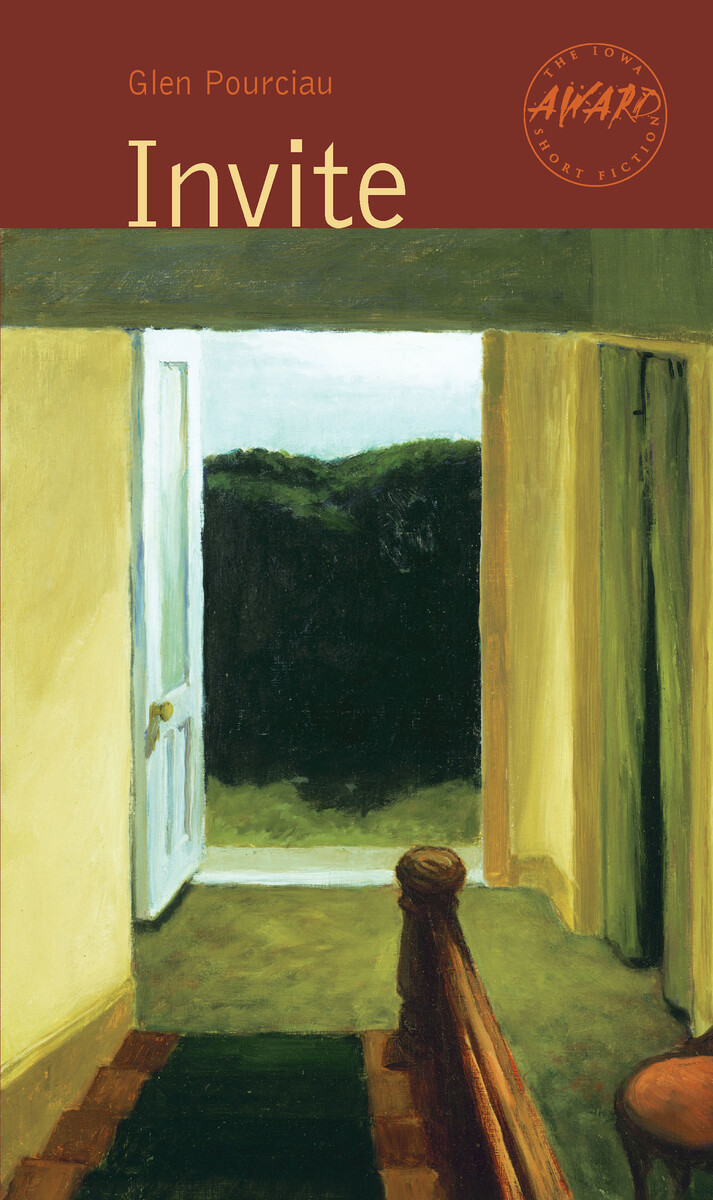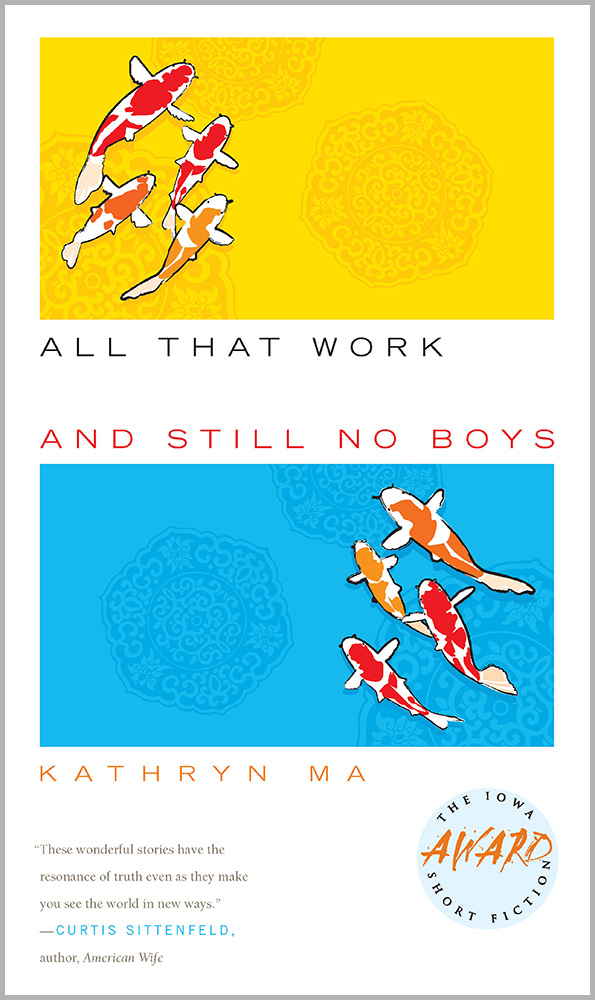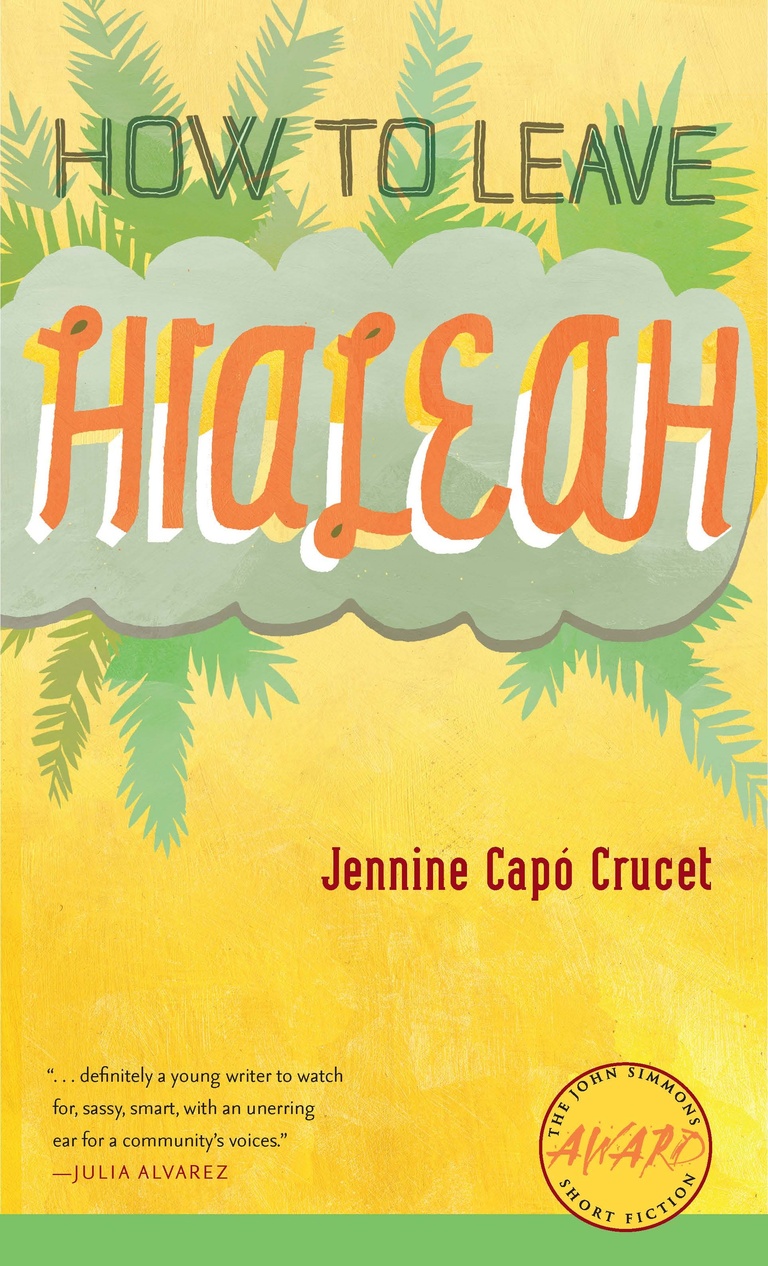Intense inner and outer monologues resonate through the lives of Glen Pourciau’s characters. We hear the voice of a man who will not stop talking, the voice of a man who does not want to talk, the voice of a man stunned into silence by his sudden awareness of a desire he did not know he felt, and the voice of a man struggling to accept his imminent death.
Inhabiting an outwardly bland landscape that overlays internal questions and recurring confusion, the narrators of these ten intensely felt stories strive to understand their varied predicaments. Conflicts with neighbors arise, troubling memories return, suspicions and fears lead people into isolated corners as distances open up inside them and around them. And in those open spaces, the sometimes humorous, sometimes obsessive voices continue their quest. In the final story, “Deep Wilderness,” the voices seem to fragment as a family comes apart.
While his characters struggle to come to terms with their inner wilderness, Glen Pourciau’s spare, riveting voice maintains a constant presence. Invite is a debut collection that speaks volumes.
To read an interview with Glen Pourciau, please click here.
“In these wonderful, fascinating stories you'll hear the sadness of Carver and the sly play of Barthelme, but mainly Glen Pourciau finds a voice all his own, an obsessive voice hunting down an elusive broken piece of our weird modern American life. The beauty is in their mundane self-consciousness, in the lonely ruminations, shared by everyone, that don't resolve our questions but only drive us further into a mysterious and haunting isolation.”—Charles D’Ambrosio, author, The Dead Fish Museum and Orphans
"No collection of stories is written to be read at one sitting, but Glen Pourciau's Invite makes that rule hard to follow. His stories penetrate internalized emotion, keying on gesture and nuance, inviting the reader onward. His careful use of external stimulus is marvelously counterpointed by the quiet contemplation of consequences in a masterful control of point of view and sparse, revealing dialogue. These are very contemporary stories for a troubled time, far more relevant and artfully done than so much of the postmodern, self-centered claptrap that passes for contemporary fiction these days."—Clay Reynolds, author, The Vigil, Agatite, and Sandhill County Lines
“To find comparable experiments in lethal self-consciousness, one would have to go back past the ultimately hopeful sense of noble suffering in Beckett to the work of Kafka—’The Burrow,’ in particular. Very few authors have taken this form of radical investigation so far, and fewer still have managed it with such a persistently unsettling play of dark humor.”—Stephen Donadio, editor, New England Review
“These funny, crafty stories are great entertainment as well as a sly observation of the foibles and frolics of the bourgeois intellectual class. Echoes of Thomas Bernhard, American style.”—Lydia Millet



